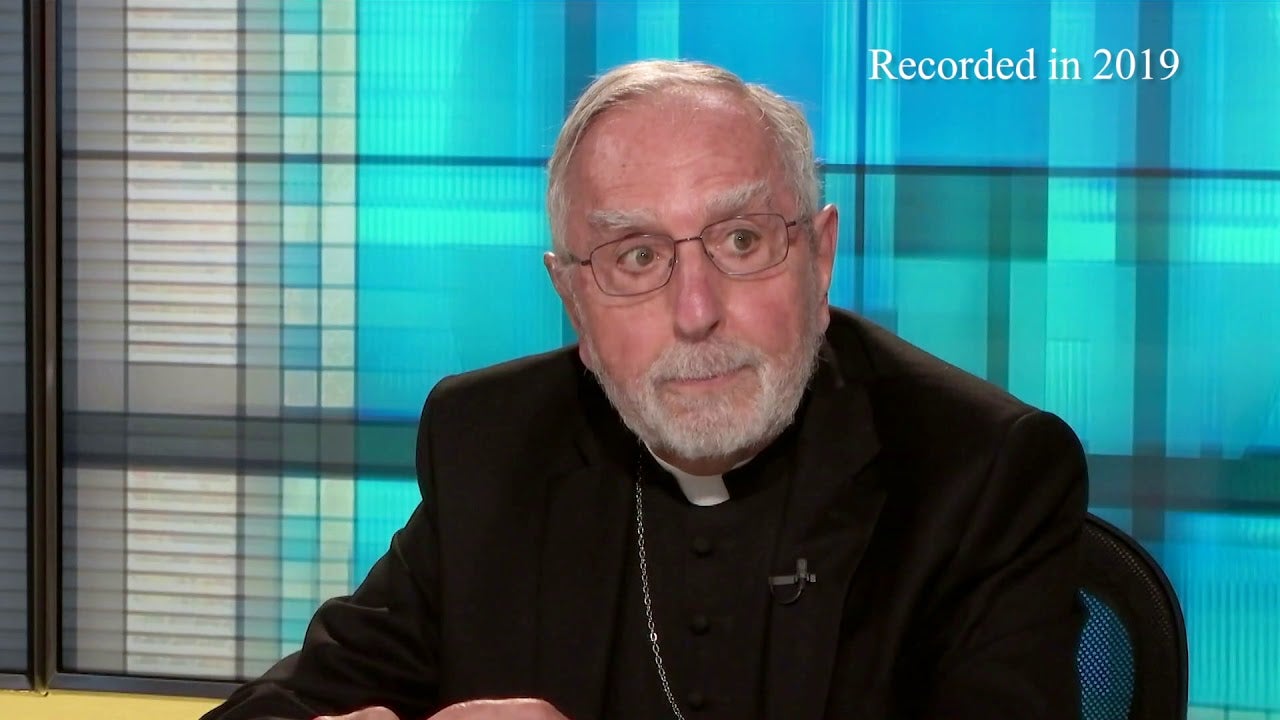
Certification for Ecclesial Ministry: A Bishop's Perspective
The chair of the subcommittee, Bishop Gerald Kicanas, speaks about the subcommittee's work and the special role of lay ecclesial ministers in the Church.
The subcommittee has spent a good deal of time in 2022 receiving direct feedback on its existing resources and work from bishops, diocesan lay ministry leaders, leaders of national ministry organizations and the contributions submitted about lay ministry in the national synod process. These resources have helped the subcommittee to discern with these constituencies what is most needed in support of lay ministry in this critical time, and how to carry those needs forward into upcoming USCCB strategic planning endeavors.
Even in the midst of the challenging impacts of our viral and social pandemics, the ministry of the Gospel is being accomplished! The uncertainty and fear brought about by COVID-19 and all of its global impacts remains, but slowly, inexorably, we pray it is receding. In its wake, things are perhaps altered in ways we couldn't imagine before, and many challenges remain, but the dedicated work of many in our church is fostering new dreams and visions, new ministerial approaches and enormous creativity as well. Many developments in areas of focus for our subcommittee continue to be shaped by the work of many leaders in our Church today, and give new hope and promise.
As with all parishes, ministries, and organizations, the pandemic required unexpected transitions and creative adaptation in 2020 on our part. As we have always sought to be responsive to the needs of the national organizations and diocesan programs, and have made use of online technologies to stay in touch and conduct meetings, our office was able to quickly pivot to "remote" collaboration and so listen and work with you to resource those in ministry responding to the unprecedented needs of this year. The importance of creative thinking on the part of lay ministers and others to respond to these new needs highlights the importance of the type of ministry formation our office seeks to resource through the promotion of certification pathways. Wholistic formation enables the development of the critical analysis and visioning needed during such challenging times.
With your support and collaboration, the Subcommittee on Certification and our office were able to achieve many important things, even in this most difficult year.
Read the Letter from our Chairman to Ministry Leaders & 2020 Activities Report
The Subcommittee on Certification for Ecclesial Ministry and Service assists the bishops in reviewing and approving certification standards and procedures to be used on a voluntary basis by arch/dioceses and national organizations in the certification of specialized ecclesial ministers. It also offers consultative services aimed at improving the quality of lay ministry formation programs that are sponsored by arch/dioceses and by academic institutions.
* Vea la versión en español de este texto - Colaboradores en la viña del Señor - aquí.
The USCCB Subcommittee only approves certification standards and procedures for arch/diocesan offices, national organizations of specialized ministers listed in The Official Catholic Directory which are federally recognized 501(c)3 organizations, and organizations or joint-sponsored programs of state or regional Catholic Conferences.
A list of arch/diocesan offices, national organizations of ecclesial ministers, and state Catholic Conferences with approved certification standards and procedures are available here.
Every four years, every committee and subcommittee of the USCCB develops an operational plan for the coming years based on the USCCB's mission, the mandate of the committees, strategic priorities identified by the body of bishops, and related strategic and budgetary considerations. Overseen by the Committee on Priorities & Plans, each committee and subcommittee submits an operational plan, which are then combined to form the USCCB Strategic Plan and voted on for approval by the body of bishops. During each year of the strategic plan cycle, reporting is provided to the Conference from each committee and subcommittee on the progress being made.
Below is a summary of the objectives and activities for the operational plan for our subcommittee for 2021-2024.
Activities for Objective 1
Activities for Objective 2
Activities for Objective 3